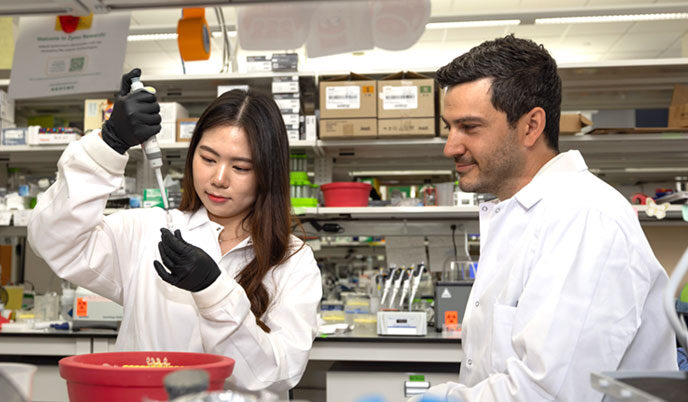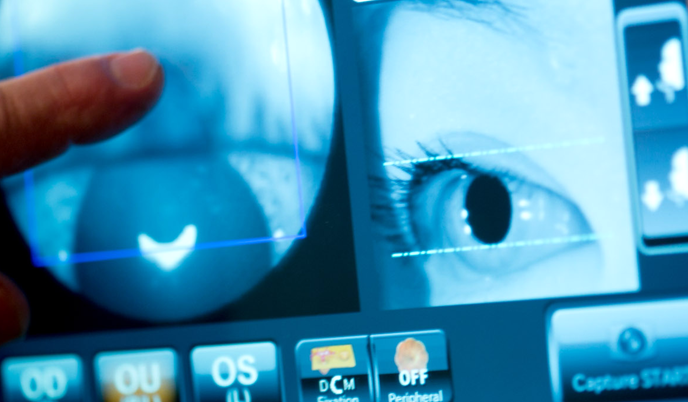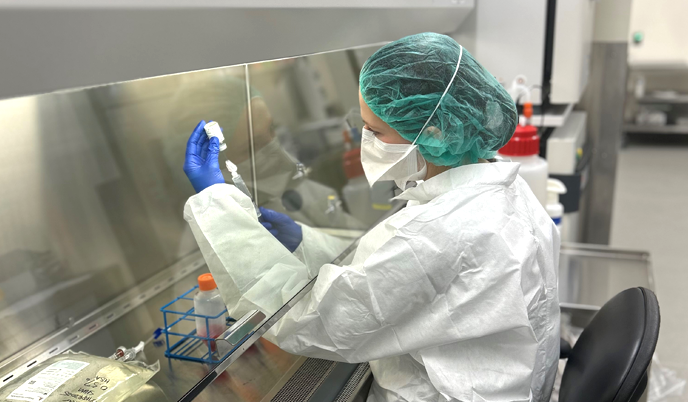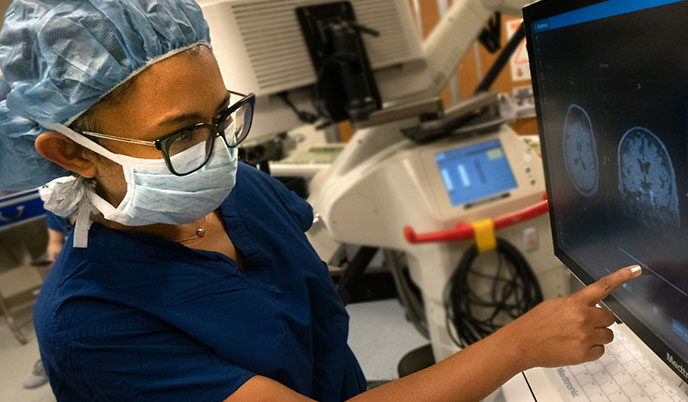
Freeing kidney transplant patients from daily anti-rejection medications
Kidney transplant patients are embracing a new chapter of life, thanks to a groundbreaking clinical trial that eliminates the need for a lifelong regimen of anti-rejection drugs, which can cause serious side effects.

How cells rust to death with age
In the same way that sheet music shows musicians what to play, DNA shows the body how to function. But what if a violinist’s pages got jumbled out of order, or the melodies marked mute? The instructions would still be there, but they wouldn’t make sense to the player.

No role for routine antibiotic use in patients admitted for COVID-19
A large cohort study by researchers at the University of Wisconsin School of Medicine and Public Health provides the best evidence to date that routine antibiotic treatment for COVID-19 is unnecessary and potentially risky.

Gene analysis helps optimize prostate cancer radiation dose
New results from two randomized clinical trials showed that analyzing a gene expression signature in tumors may help doctors customize radiation treatments for prostate cancer patients, improving outcomes while avoiding unnecessary side effects.

Newborn genomic testing expands with support from Wisconsin medical schools
Through an effort led by Wisconsin’s two medical schools, newborn genomic testing capacity will expand to more hospitals throughout the state, allowing rapid diagnosis of rare genetic conditions and improved medical management for critically ill newborns.

Detecting diabetic eye disease early helps prevent vision loss
Jeri Shultis knew something was wrong. He had driven south from Mauston, Wisconsin to Madison to watch his grandson wrestle at the state tournament, but he was struggling to focus on the mat.

Medical students prepare to meet rising Latino dementia care needs
Researchers in Madison are partnering with a Milwaukee-based Latino community center on a new, culturally competent elective course for students at the University of Wisconsin School of Medicine and Public Health. The course is focused on training the next generation of doctors in dementia care for the Latino community.

Program for Advanced Cell Therapy expands facility and cell preservation capabilities
A program at the University of Wisconsin School of Medicine and Public Health and UW Health is continuing to grow as it develops novel cell-based therapies for a variety of difficult-to-treat conditions.

Q&A: Mahua Dey explores glioblastoma vaccine
Dr. Mahua Dey is an associate professor in the Department of Neurological Surgery and the director of the surgical neuro-oncology program in the University of Wisconsin School of Medicine and Public Health. She specializes in the surgical management of both benign and malignant brain tumors.

FDA fast-tracks therapy for radiation-induced dry mouth
A therapy under development at the University of Wisconsin School of Medicine and Public Health to treat a common side effect of radiation therapy recently got a boost from the Food and Drug Administration.

AI screening tool helps refer patients for opioid use disorder treatment
An artificial intelligence-driven screening tool developed by a research team at the University of Wisconsin School of Medicine and Public Health successfully identified hospitalized adults at risk for opioid use disorder and recommended referral to inpatient addiction specialists.

Q&A: Sara McCoy on innovative treatment for Sjögren’s disease
Dr. Sara McCoy, a rheumatologist in the Department of Medicine, is one of the nation’s leading experts on Sjögren’s disease, an autoimmune disorder that affects moisture-producing glands in the eyes, mouth and other parts of the body.